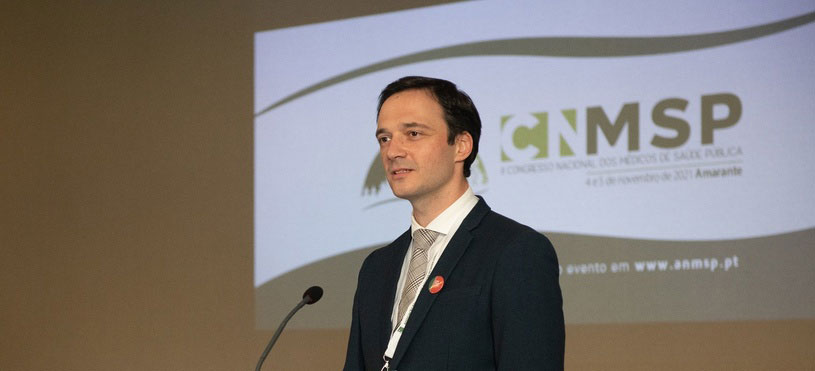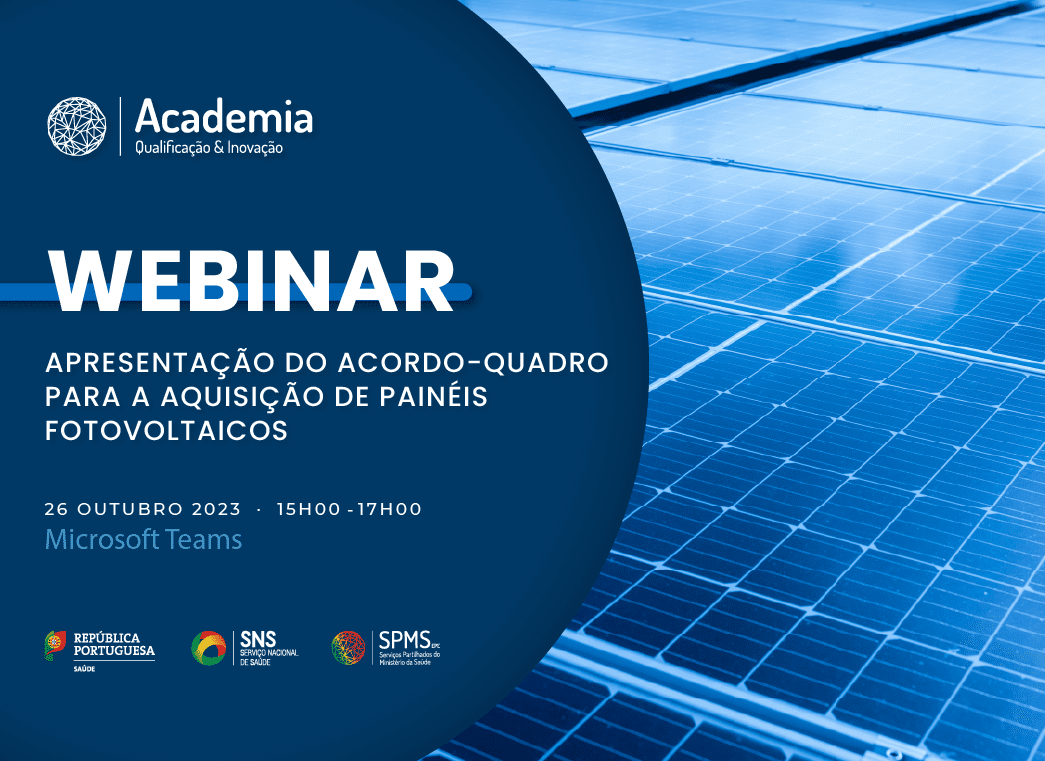If during the epidemic we have become accustomed to the reports, first daily, then weekly, issued by the National Institute of Health Dr. Ricardo Jorge (INSA) and the General Directorate of Public Security on the epidemiological situation of Covid-19 in Portugal, since the World Health Organization declared the end and with the emergence of the disease at World, in May this year, data and figures regarding the epidemic situation were no longer publicly known. Gustavo Tato Borges, President of the National Association of Public Health Physicians (ANMSP), believes in an interview with Executive Digest magazine, that it will be necessary to develop an emergency plan designed for this stage, in order to ensure epidemiological surveillance, and if “the disease triumphs,” the “terrain” between the groups. most vulnerable, that would allow quick and effective action to be taken.
WHO Regional Director for Europe, Hans Kluge, on Wednesday expressed concern about the decline in epidemiological surveillance of Covid-19 in many countries since the end of the global health emergency was declared. “I fully understand the position of the Director of the World Health Organization. The fact that there is insufficient epidemiological surveillance, with regard to a disease for which, unfortunately, there are still no main weapons, other than vaccination, and which still mainly affects the elderly and the most vulnerable, is a source of “A consistent concern, even with the line of thought followed by the World Health Organization throughout the fight against the epidemic. In fact, it would be good to have more realistic, more organized and, above all, complete data regarding the evolution of the epidemic in Portugal,” he begins, referring to Gustavo Tato. Borges in the executive summary.
However, the expert points out that it is necessary to take into account the weight, in terms of resources, that a return to previous epidemiological surveillance will bring, given the benefit it will bring.
“We have to think effectively about the effort we will make, and the result we will get. At this stage, when a large proportion of people have been vaccinated with one or two booster doses, and we have vaccination campaigns targeting those most at risk, it is probably not worth doing epidemiological surveillance of all Cases that appear, but only the doctor says: “Study and follow up on the most serious cases.”
Tato Borges explains that the General Directorate of Public Security no longer publishes Covid-19 figures on a regular basis, but they are known to health authorities. However, the expert believes that it will also not be possible to return to monitoring all cases, because in Portugal, “there is no specific mechanism aimed at combating Covid-19, either to increase the number of people in isolation, or to be able to miss work, as I work for a salary of 100 “No matter what.”
The ANMSP president says “balance” is essential. “In the winter, cases, hospitalizations and deaths will increase, as they do every year. We need to understand whether or not there is excess mortality, excess use of emergency services, and increased hospitalizations beyond expectations. If so, we will have to implement some measures eventually. If not, things will take their course, and we always continue to focus on appropriate communication with the population and, perhaps, in this aspect, we are a little more fragile at the moment, less effective,” admits Tato Borges.
Hans Kluge, of the World Health Organization, states, “We will be better prepared now, but we are not fully prepared yet,” and Gustavo Tato Borges points out some paths that still need to be followed, namely the creation of a “contingency plan” that allows the side to monitor and in The same time ensures quick action “out of control”.
“All countries must have an emergency plan that is quickly implementable, effective, according to the level of risk, and these levels are specific. Unfortunately, in Portugal, I do not know of a document that effectively states what we will do if we reach a certain level of hospital occupancy, or “Emergency resources, or the level of deaths. We needed to determine that. We had them during the pandemic, but those documents are no longer valid now.”
In Portugal, the expert says, “We needed an appropriate emergency plan for this stage, in order to be alert and adapt to the new reality.”
“In order to be better prepared, these plans need to be defined now, so everyone already knows what to do when necessary,” he points out.
Gustavo Tato Borges adds that the other missing aspect is technological innovation in the field of medicines suitable for this disease.
“The vaccine is having an effect, but we still need to treat the sick and vulnerable. Therefore, it will be very important to provide an effective treatment,” concludes the responsible person, speaking to Executive Digest.

“Hardcore alcohol maven. Hipster-friendly analyst. Introvert. Devoted social media advocate.”

